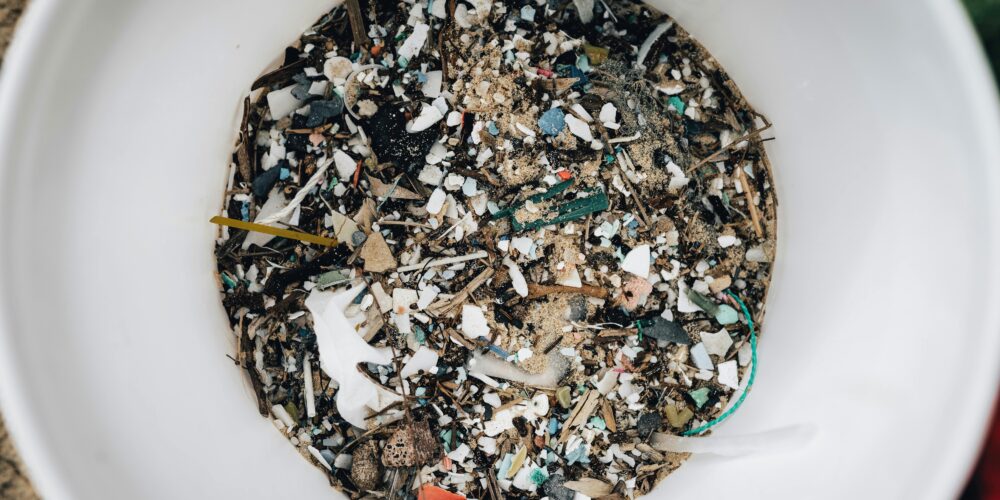
Protection of the human digestive system from micro(nano)plastic contamination
- Fellow
- Xiaohui Lin
- Countries
- Belgium, Ireland
- Institutions
- Ghent University
University College Dublin - Website(s)
- people.ucd.ie
- linkedin.com
Dr Xiaohui Lin University College Dublin & Ghent University
Micro(nano)plastic (tiny particles of plastic) pollution is a growing public health crisis with significant implications for human well-being. MNP in our environment, including water sources, food, and even the air we breathe, raises concerns about human exposure. Furthermore, microplastics can have physical effects on human health. When ingested, these tiny particles can potentially accumulate in tissues and organs, causing inflammation, oxidative stress, and cellular damage. While previous research has focused on human exposure and health impacts, we still lack knowledge about how micro(nano)plastics interact with food during digestion and cooking processes. This knowledge gap limits our ability to understand and minimize the negative effects on our gut and the uptake of micro(nano)plastics into our bodies.
To address this gap, Dr Lin’s research proposes an innovative approach using advanced in vitro digestion systems and cutting-edge imaging technologies. Dr Lin aims to answer two main research questions: (1) How do microplastics behave in different types of food, and what factors influence their uptake by the human digestive system? (2) How do different cooking methods affect microplastics, and which methods can be used to minimize their uptake? To achieve these goals, Dr Lin’s project has specific objectives, including selecting food ingredients that can reduce MNP uptake by humans, studying the impact of digested microplastics on the microbial community and investigating the effects of various cooking methods on micro(nano)plastic uptake. The outcomes of this research will provide recommendations to the public on reducing micro(nano)plastic ingestion and minimising their adverse effects on human health. By promoting further research on microplastic-related health risks and mitigation strategies, Dr Lin will empower individuals to make informed choices about their diet and cooking habits, thus reducing their intake of micro(nano)plastics.
In the long term, Dr Lin’s work may contribute to reducing the burden on healthcare systems by addressing potential health conditions related to microplastic exposure. Dr Lin will be mentored by Professor Aoife Gowan, University College Dublin and Professor Tom Van de Wiele, Ghent University, Belgium.
News
Xiaohui recently presented a thought-provoking talk on micro(nano)plastic pollution, a growing public health crisis. These tiny particles are found in water, food, and air, raising concerns about human exposure and health impacts. Her findings offer valuable recommendations to reduce microplastic ingestion and its adverse effects on health. Watch this video to discover how microplastics affect your food and health, and learn practical tips to reduce your exposure.